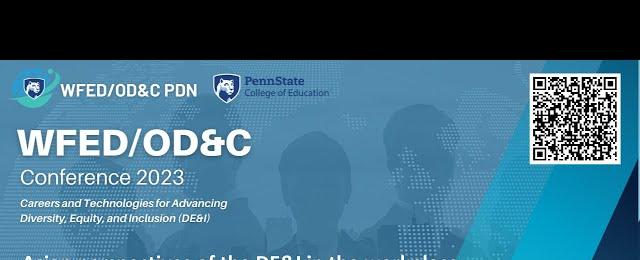Asian perspectives of the DE&I in the workplace - Lee-Hsing Lu, Ph.D.

As companies around the world continue to focus on diversity, equity, and inclusion (DE&I) initiatives, it’s vital to also examine how DE&I is perceived in various cultures. In an article by Lee-Hsing Lu, Ph.D., the topic of Asian perspectives on DE&I in the workplace is explored.
One of the main points in the article is how Asian cultural norms may differ from those in Western countries, which can impact how DE&I initiatives are received. For example, the article discusses how Asian cultures may prioritize group harmony over individualism, which can make it more difficult for employees to speak up about personal experiences of discrimination or bias.
Another key point is that there is often a lack of data on the experiences of Asians in the workplace, which can make it challenging for companies to address DE&I issues specific to this group. The article highlights the importance of collecting disaggregated data (i.e., data that is broken down by subgroups within the Asian population) to better understand the experiences of all employees.
As someone who has worked in diverse workplaces, I found this article to be particularly interesting. It’s crucial to recognize that DE&I initiatives cannot simply be one-size-fits-all, and that the perspectives of different cultural groups must be taken into account in order to make real progress.
In summary, Lee-Hsing Lu, Ph.D.’s article on Asian perspectives of DE&I in the workplace sheds light on the importance of understanding cultural differences when it comes to implementing DE&I initiatives. The article emphasizes the need for collecting disaggregated data to better understand the experiences of all employees, and highlights how cultural norms can impact the success of DE&I initiatives.
Quick Links

